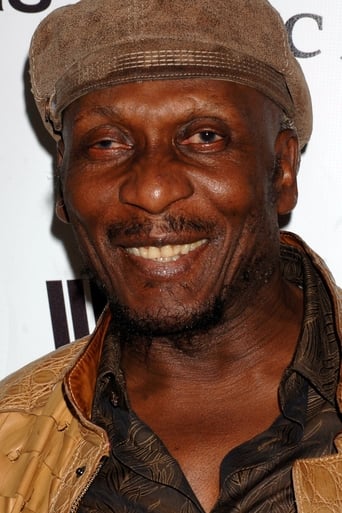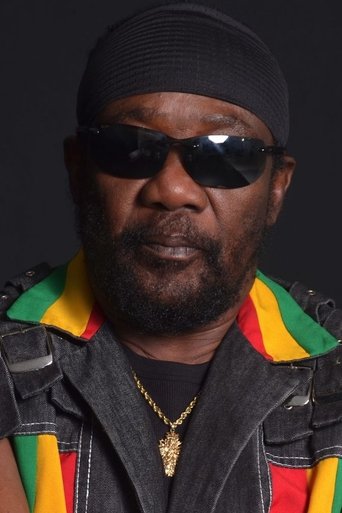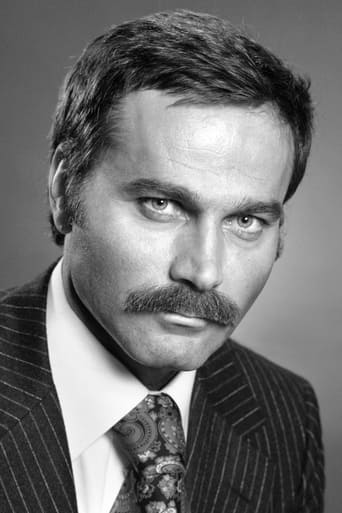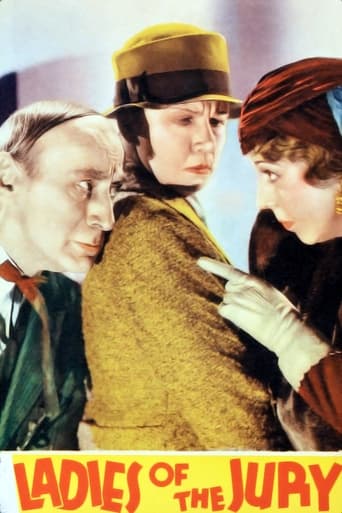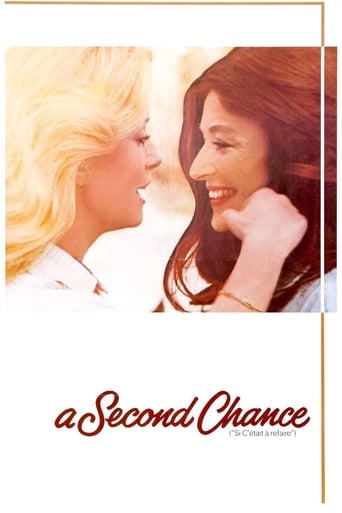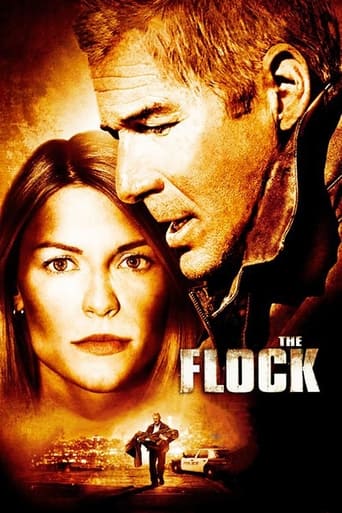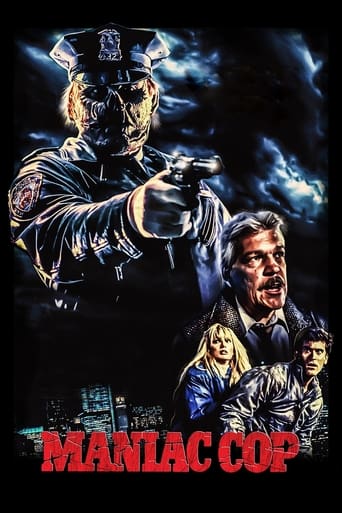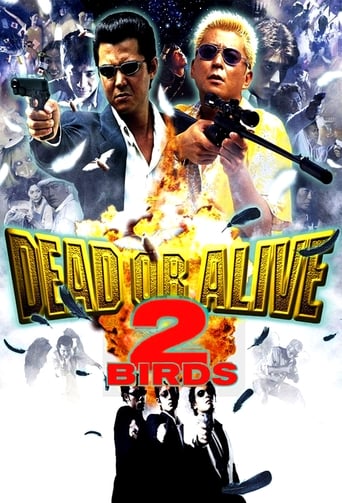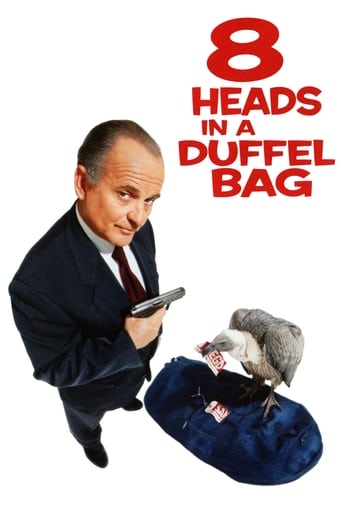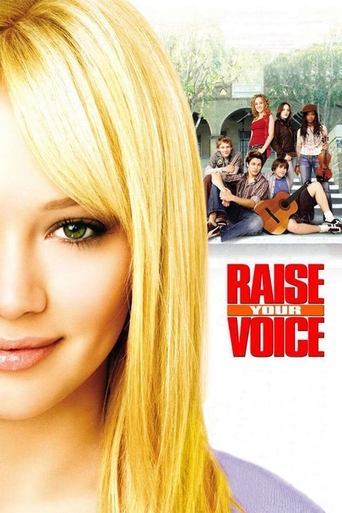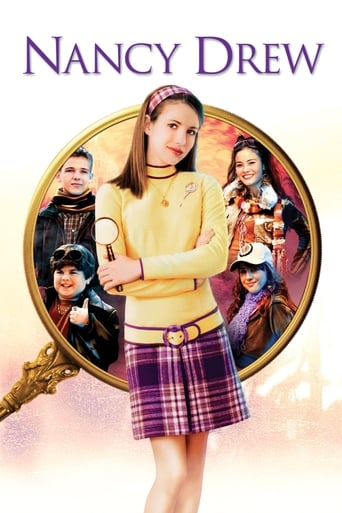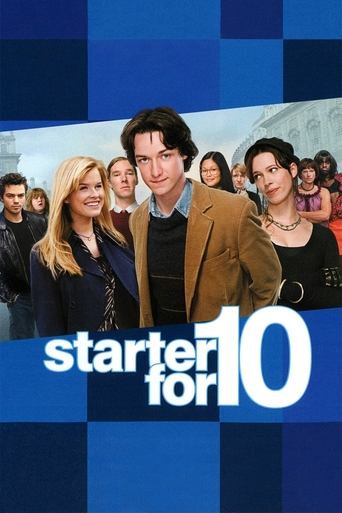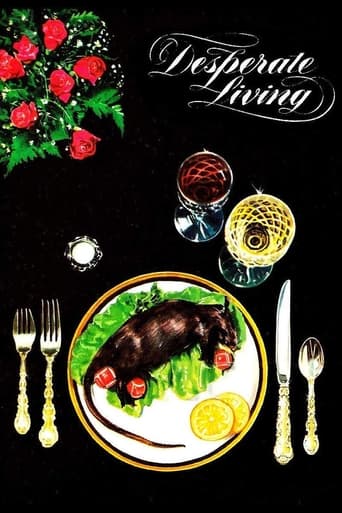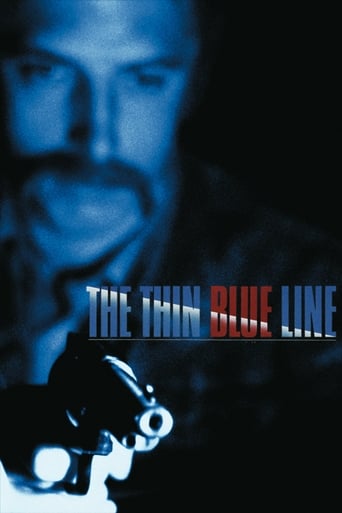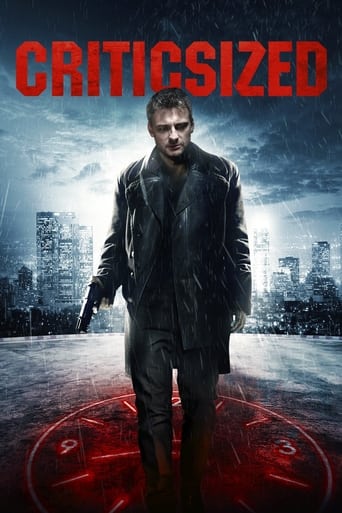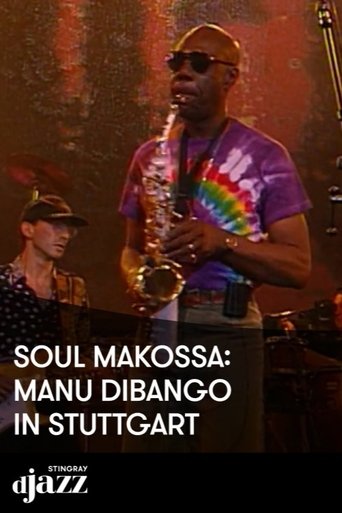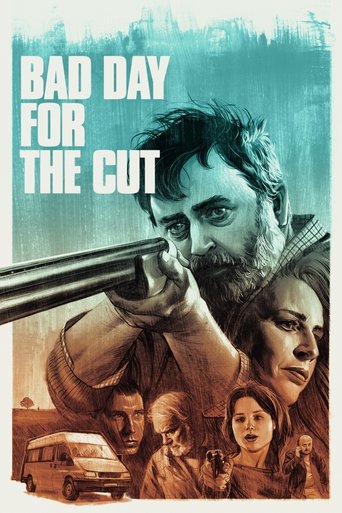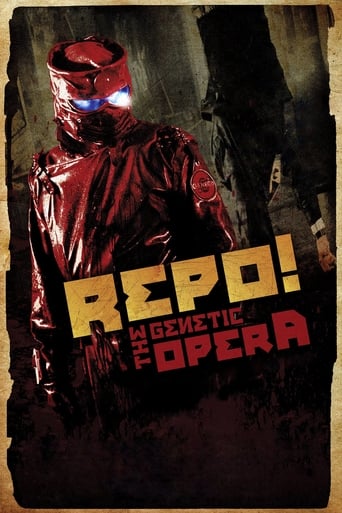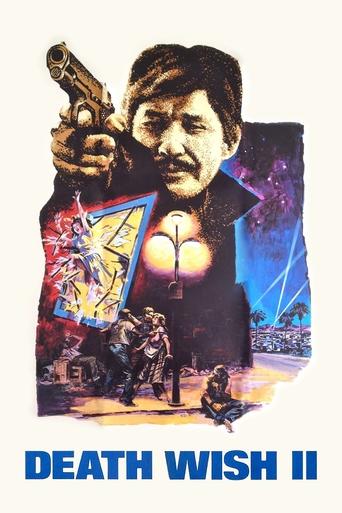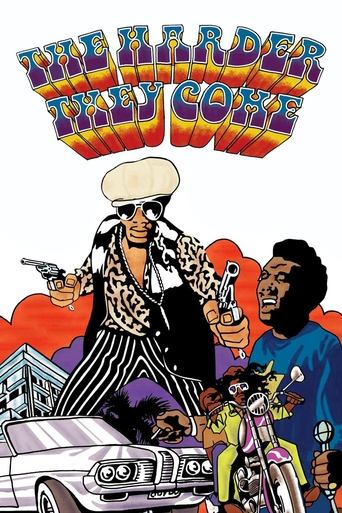










The Harder They Come (1972)
Ivanhoe Martin arrives in Kingston, Jamaica, looking for work and, after some initial struggles, lands a recording contract as a reggae singer. He records his first song, "The Harder They Come," but after a bitter dispute with a manipulative producer named Hilton, soon finds himself resorting to petty crime in order to pay the bills. He deals marijuana, kills some abusive cops and earns local folk hero status. Meanwhile, his record is topping the charts.
- Perry Henzell
- Trevor D. Rhone
- Perry Henzell
Rating: 6.5/10 by 109 users
Alternative Title:
Caiga quien caiga - ES
Тернистый путь - RU
어려우면 어려울수록 - KR
Country:
Jamaica
Language:
English
Runtime: 01 hour 43 minutes
Budget: $0
Revenue: $0
Plot Keyword: cinema on cinema, gangster, disc jockey, jamaica, midnight movie, church choir, reggae, parish, recording contract, record producer, record label, murder, marijuana, drugs
Firstly, a quick shout out for the new Garden Cinema in Holborn, London where I saw this recently. A small cinema, but it's great to see a new venue opening so give it a go if you are nearby. To the film, well that sees Jimmy Cliff as "Ivan" - a would-be reggae singer who manages to get himself a record deal with a fairly unscrupulous local producer. The song does OK, but he gets a pretty measly share. Frustrated - and broke - he takes to dealing dope and soon falls foul of the law. Pretty soon he is almost in the Robin Hood sphere of infamy. Despite the persistent efforts of the police - who, admittedly, couldn't hit a barn door with an howitzer - he manages to evade captivity and he quickly becomes Jamaica's most wanted. This has a great soundtrack - "You Can Get It if You Really Want It" features a little too repetitively, but "Many Rivers to Cross" and the eponymous title track along with an edgy and engaging characterisation from Cliff keep it entertaining enough. Technically, the film itself is pretty poorly hung together with some very basic production, editing and the dialogue - authentically using a patois that could maybe have been subtitled? - is pretty difficult to make out as the audio mix is not the best. It ends as history tells us it does, and though I didn't hate it - I think it is more remarkable for it's place in cinema history being the first feature made locally than it will ever be as a notable film.

